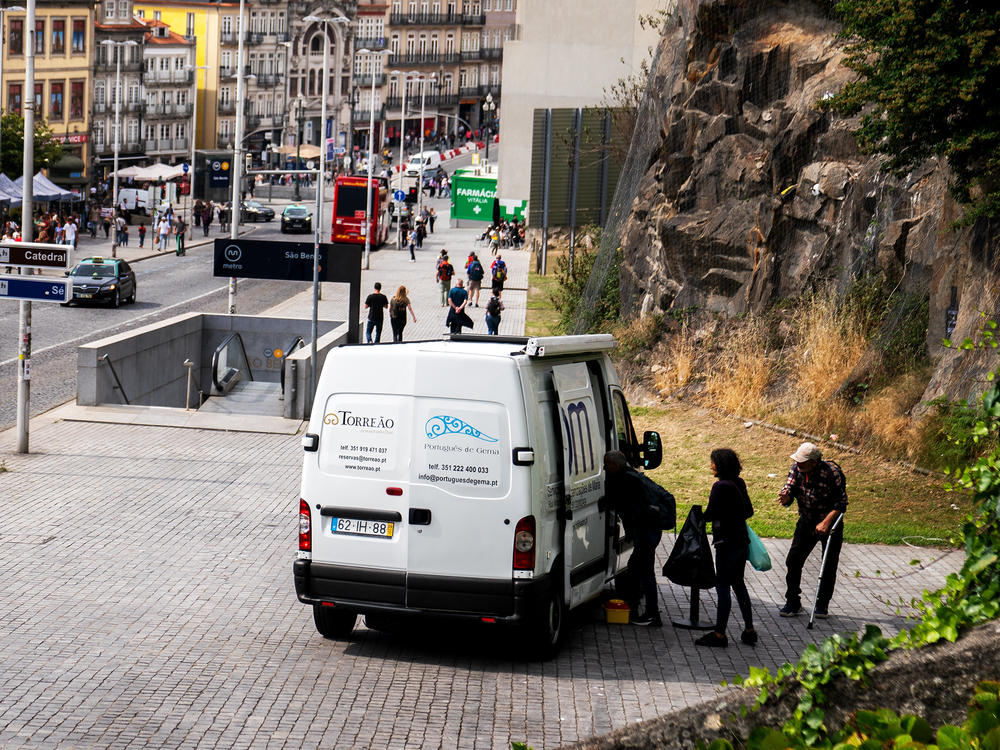Section Branding
Header Content
Does Portugal Have The Answer To Stopping Drug Overdose Deaths?
Primary Content
Brian Mann covers the U-S opioid and fentanyl crisis for NPR. That means he talks to a lot of people struggling with addiction. Again and again, he's heard stories of people who have succumbed to their addiction — last year 112, 000 — more than ever in history.
But when Mann traveled to Portugal to report on that country's model for dealing with the opioid crisis, he heard a very different story. Overdose deaths in Portugal are extremely rare.
The country has taken a radically different approach to drugs – decriminalizing small amounts and publicly funding addiction services – including sites where people can use drugs like crack and heroin.
Portugal treats addiction as an illness rather than a crime. No one has to pay for addiction care, and no one scrambles to navigate a poorly regulated recovery system. Could Portugal's approach help the U-S fight its opioid epidemic?
For sponsor-free episodes of Consider This, sign up for Consider This+ via Apple Podcasts or at plus.npr.org.
Email us at considerthis@npr.org.

